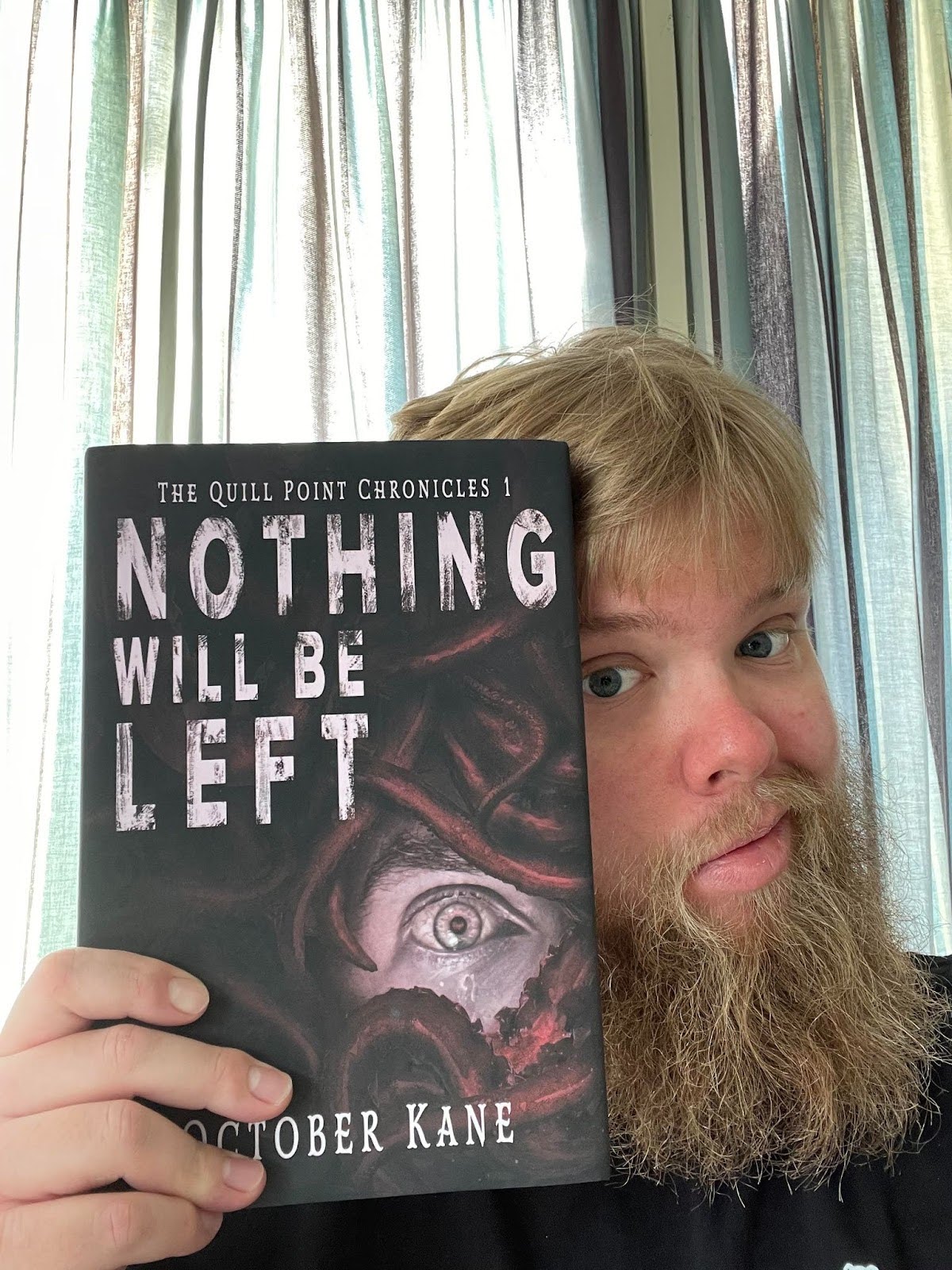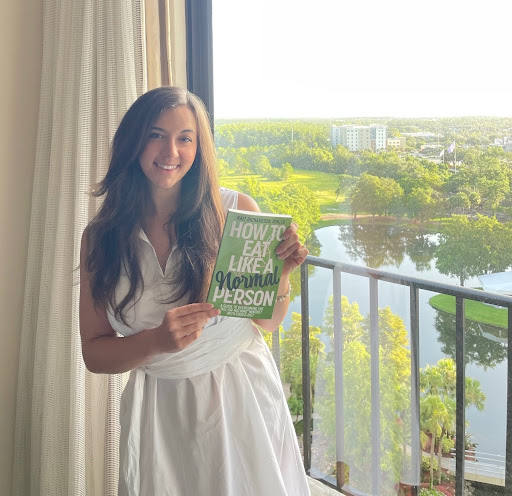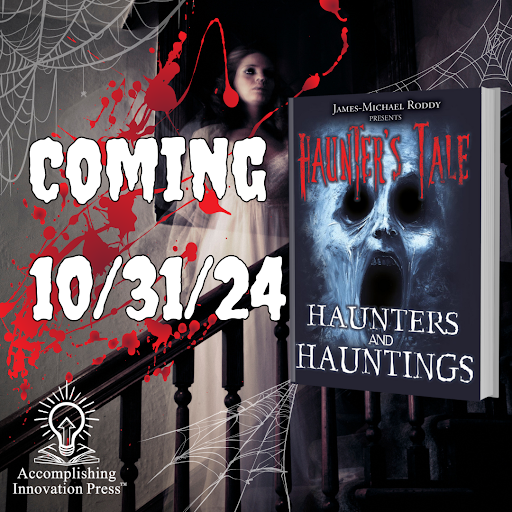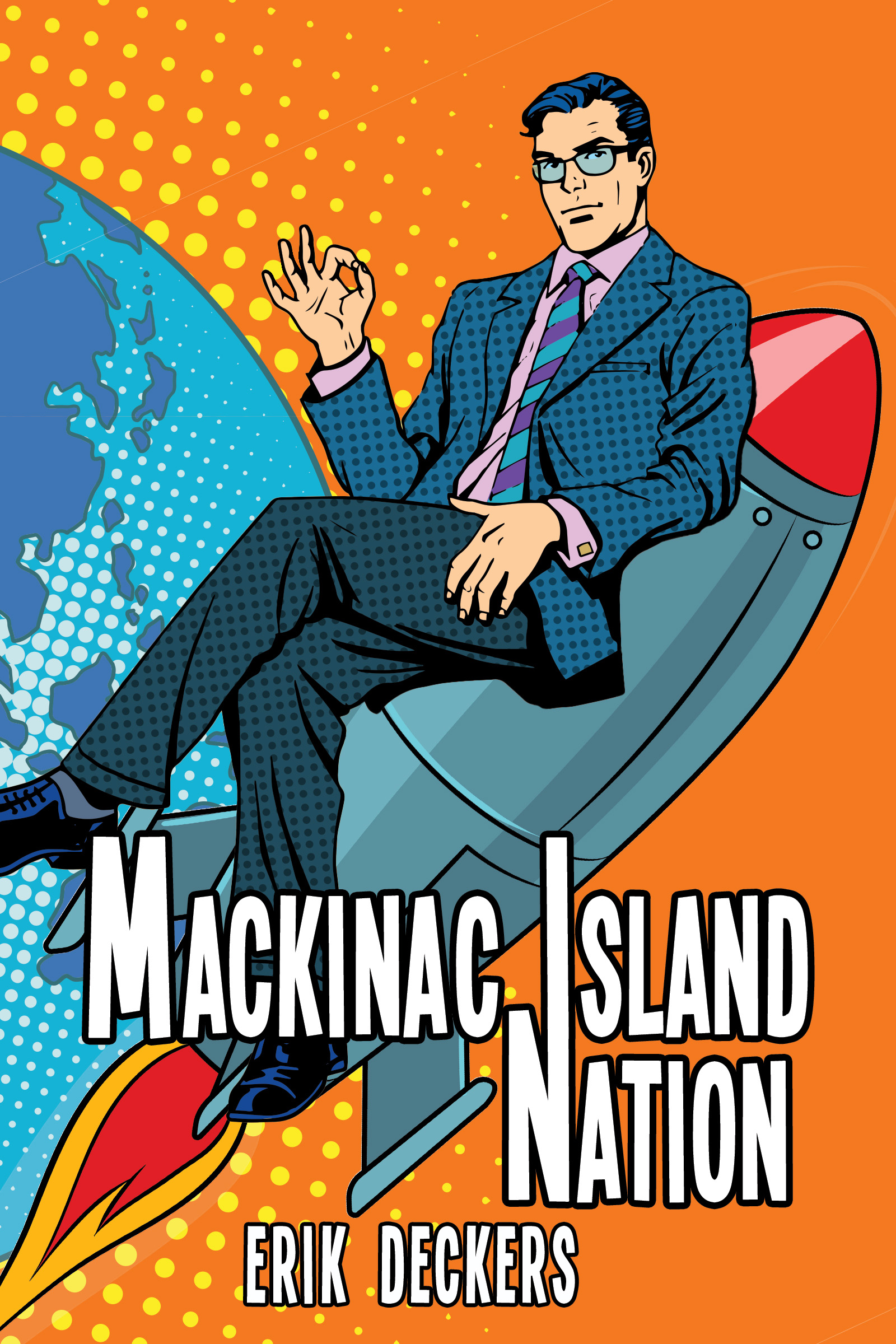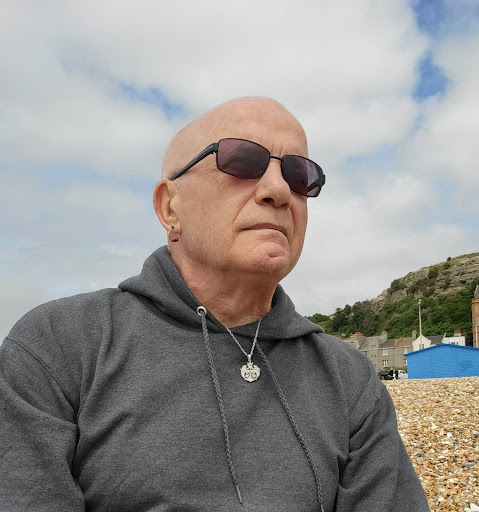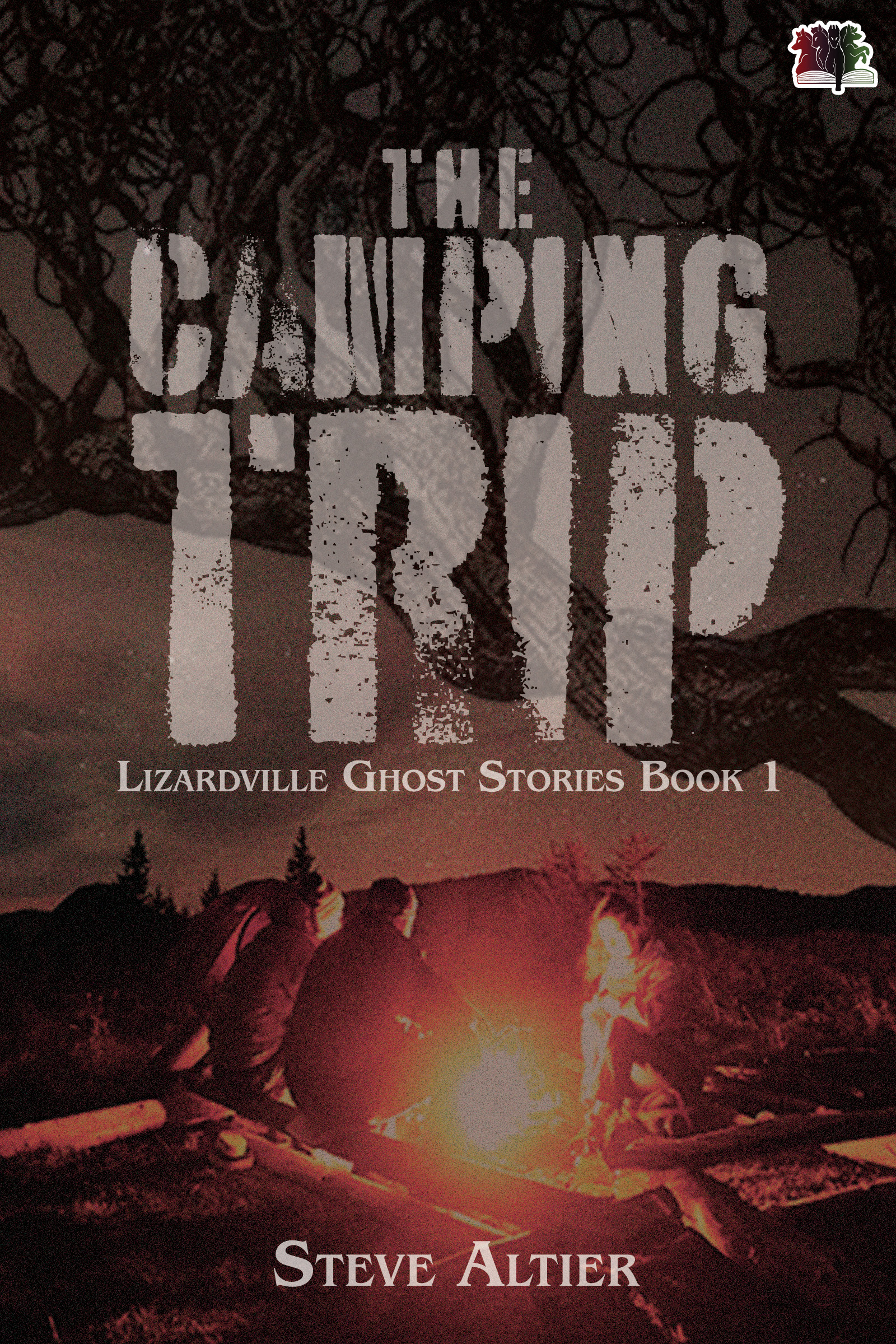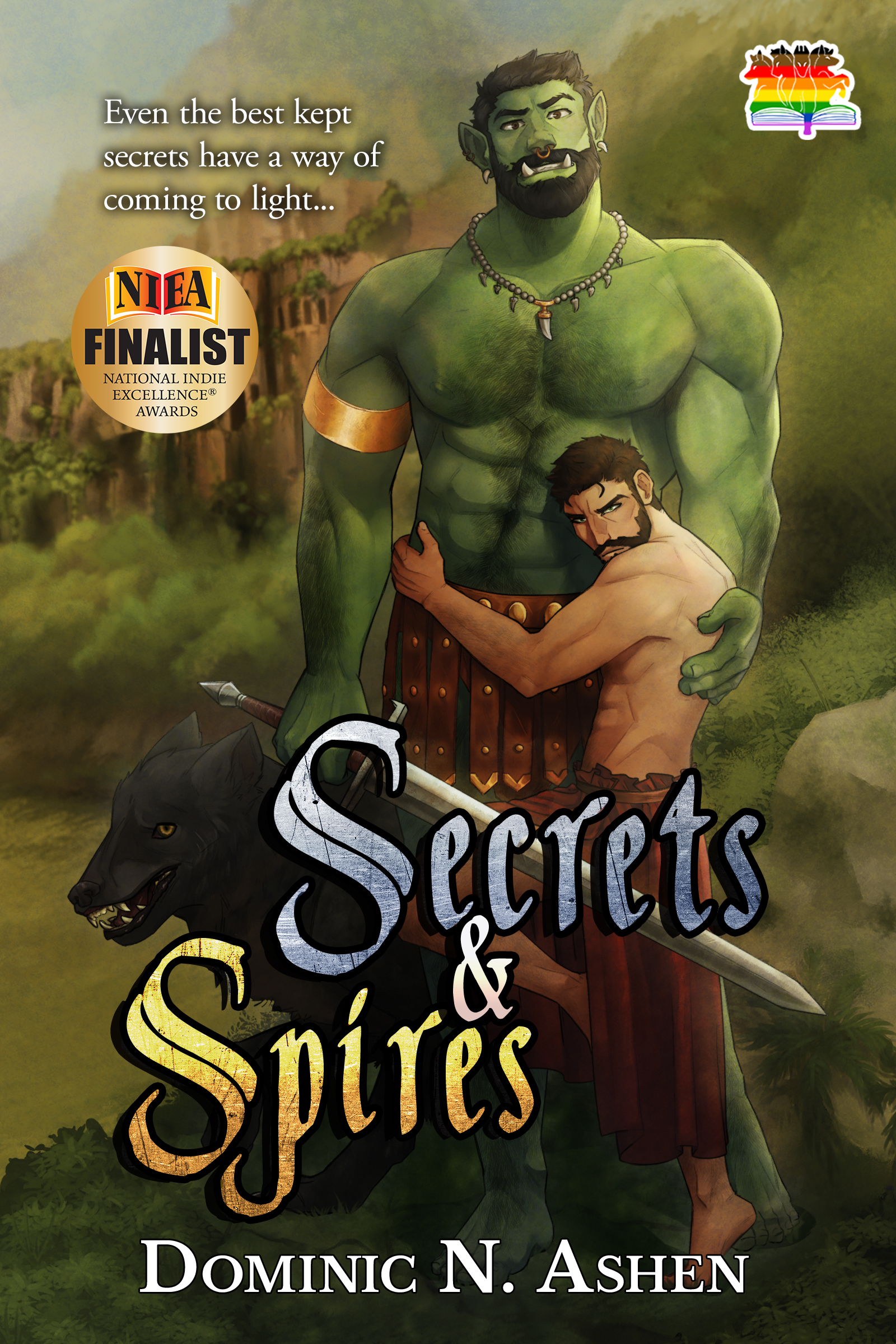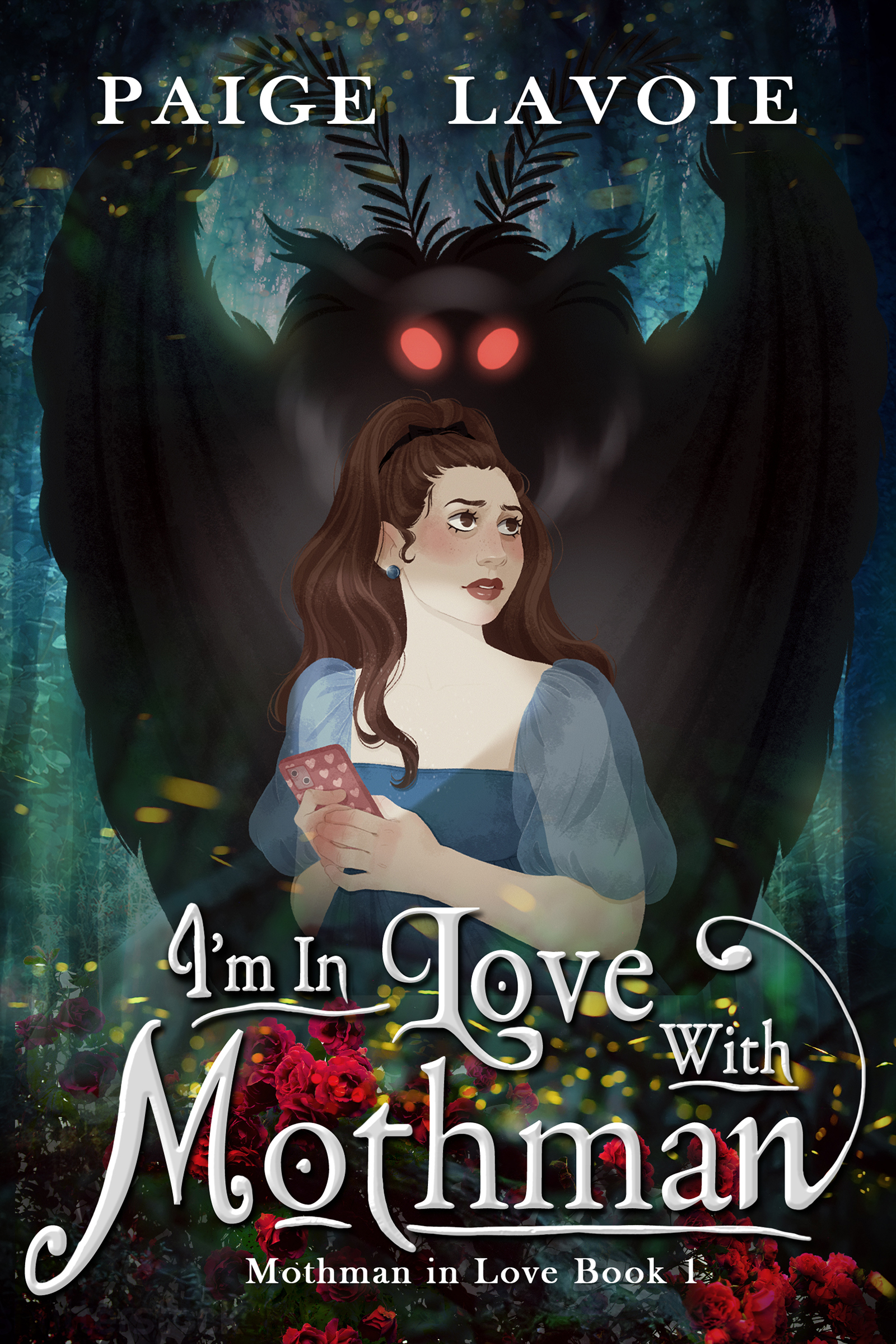
I’ve always been drawn to the scary side of life. Weird and spooky things have always sung to my soul. The darkness calls to me on windy, moonlit nights. I can’t explain why or how, but it’s always been a feeling I’ve had for as long as I can remember. Yes, I was the gothy, witchy girl in elementary school. I was the freaky outcast in high school. I was the loner in college… all of it. But for me, it never was a fashion statement or a temporary phase. There’s always been something in the pit of my soul that growls.
Fear is one of the most basic, primal emotions, yet it is so complex. Some people genuinely freeze when they are afraid, while others thrive off it. Fear can either repel or fuel us, and for those of us who are captivated by it, I whole-heartedly believe that we are just wired-differently than others. Whether it’s environmental, spiritual, or encoded in our DNA, horror fanatics look at the genre as a mirror of humanity reflecting back our greatest terrors or our darkest desires (or a little bit of both).
My mother believes I was cursed by a witch. While that’s the opening line to my occult horror novel Witch of the Black Circle, there are far more realistic implications to the sentence, ‘cause I’m pretty sure she did. She kinda told me once or twice or thrice about the creepy kids she used to babysit and their creepy, witchy mom in their Satanic-like apartment when she was seven months pregnant with me (spoiler alert** Chapter 11 in the book tells that story). So, who knows if that somehow affected me in utero. I like to think so. Makes for an interesting life story, I suppose.
And of course, there was the time when my mom brought me to the movies when I was about five years old. The film? Creepshow! Mommy dearest thought I was sleeping the whole time, but as a child, I distinctly remember covering my eyes, but looking through my fingers so I could see what was happening! I was both horrified and enthralled at the same time (especially during the cockroach segment). But that film awakened me—opened my hiding eyes to a world of mystery and terror. And I knew I wanted more… so much more.
For me, writing horror is a journey into the dark corners of the mind, a dance with the unknown, and a deep dive into the emotions that make us who we are. Through horror, I find not just fear, but also but also understanding, and a connection with my readers. I enjoy pushing certain storytelling boundaries, making the familiar unfamiliar, making the comfortable unsettling, and most of all—making my readers feel the wide range of emotions associated with the genre in general.
Writers write about what they know. So, it seemed only natural for me to express myself in horror.
Follow Maria on all the things!
Author Maria DeVivo | Instagram, Facebook, TikTok | Linktree

